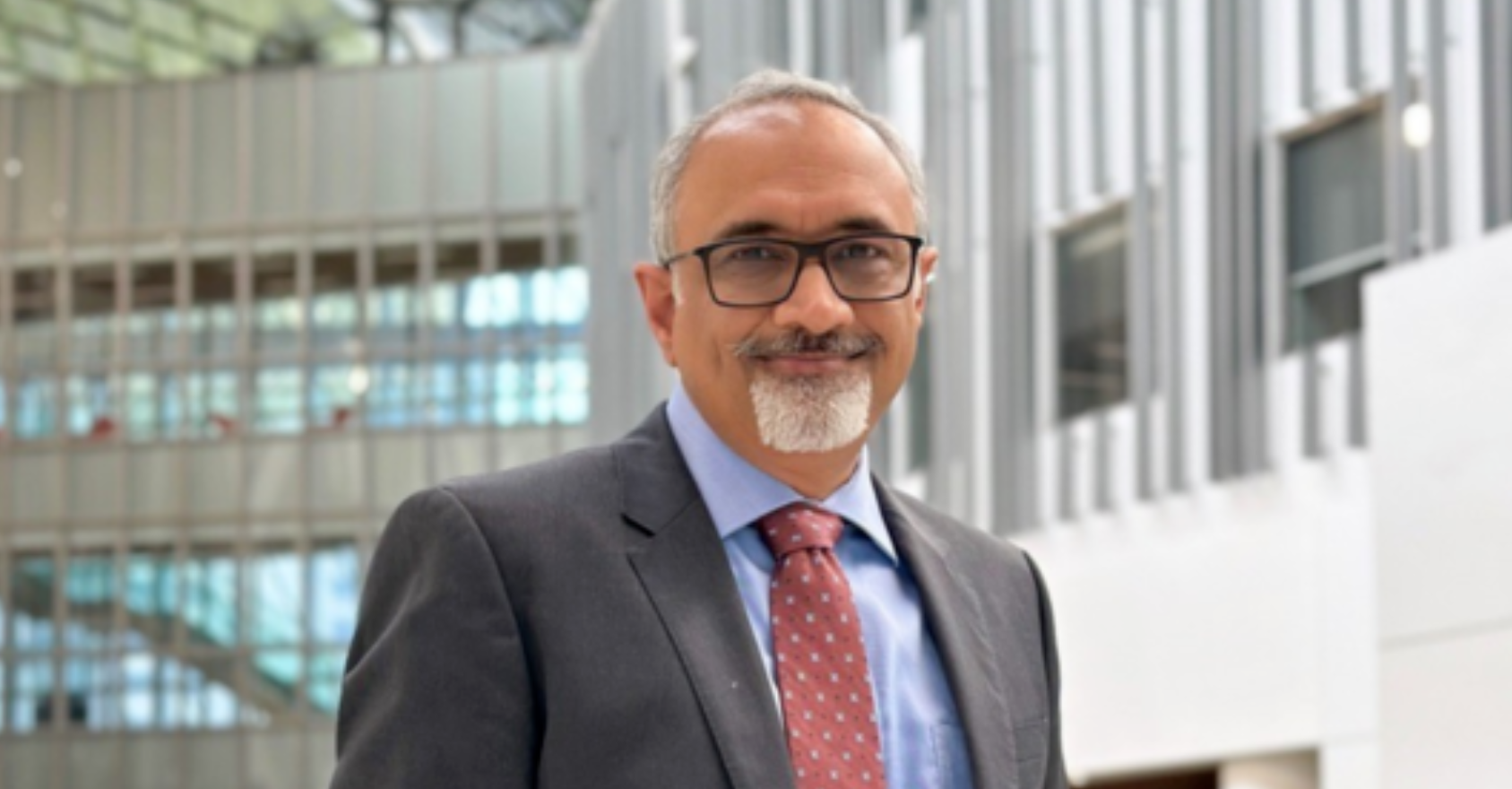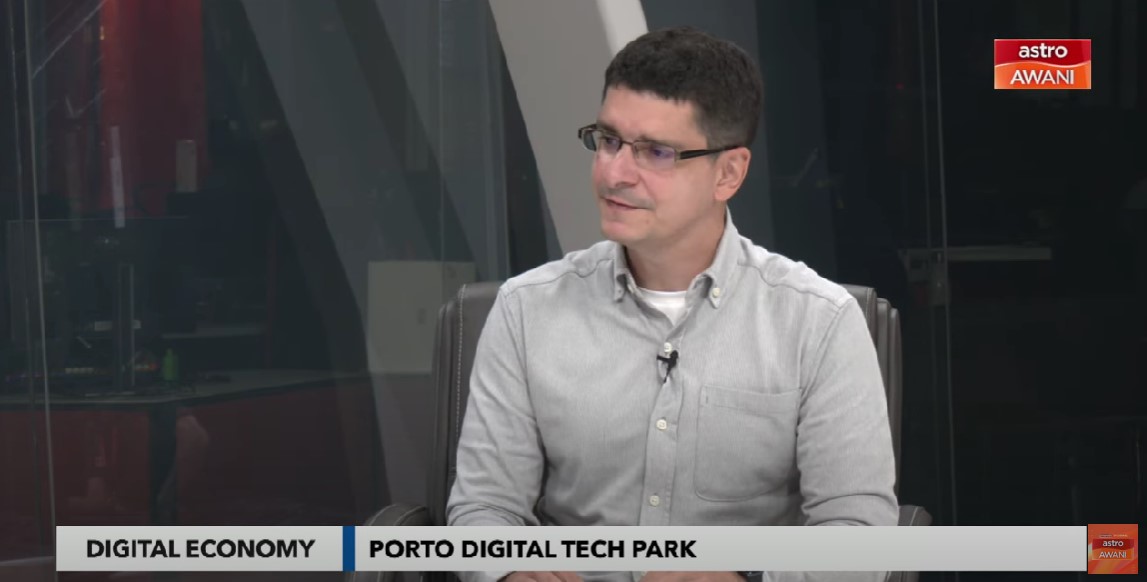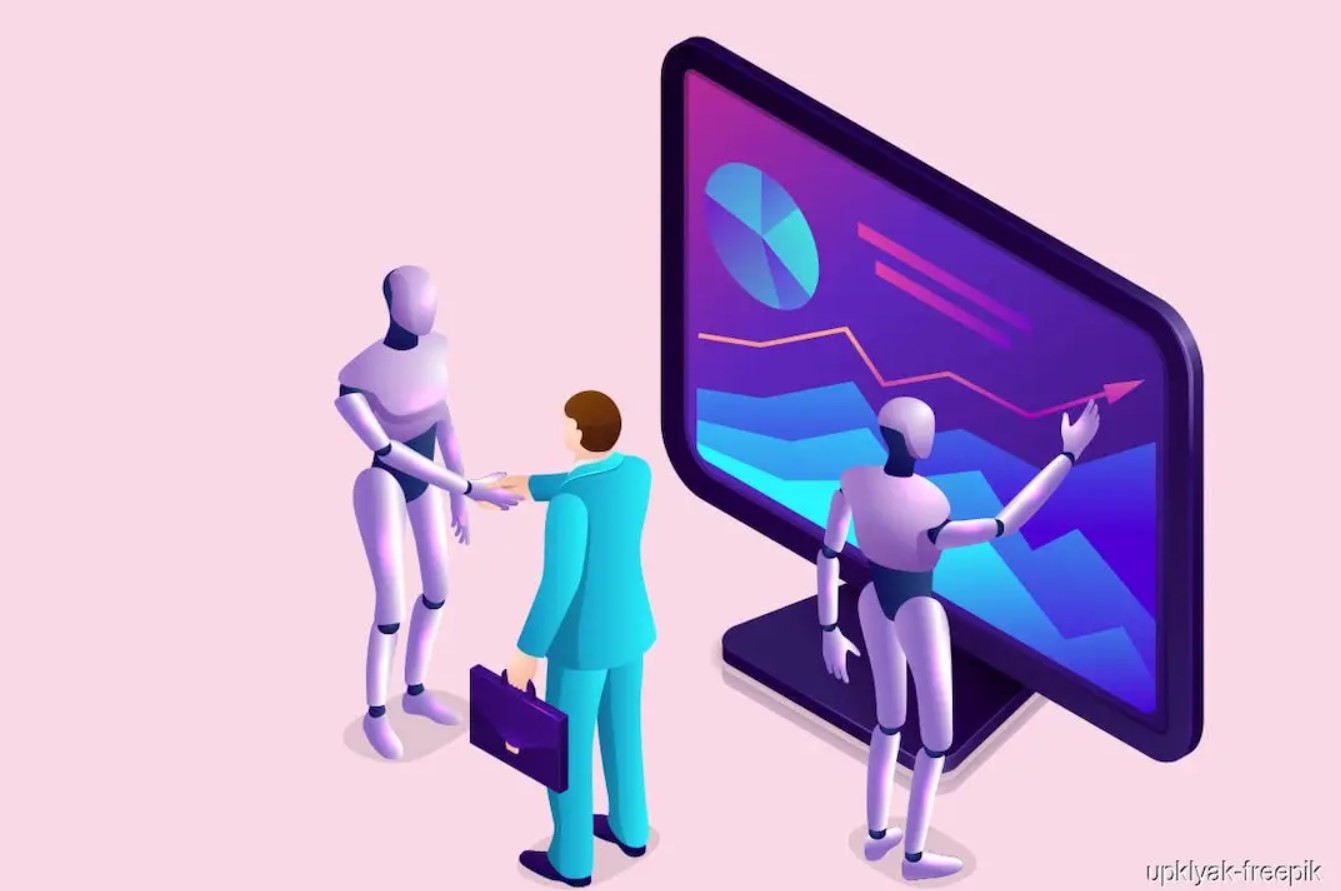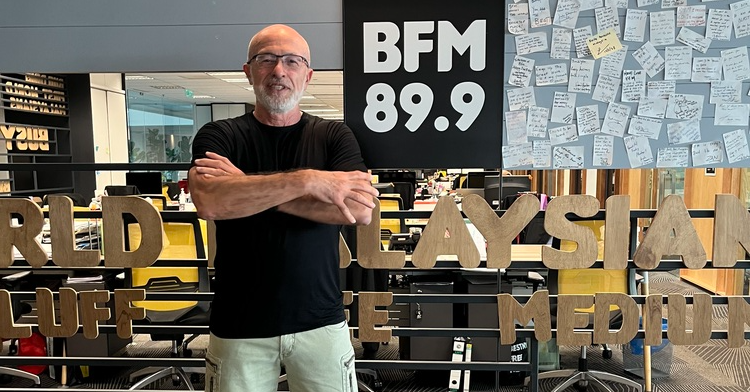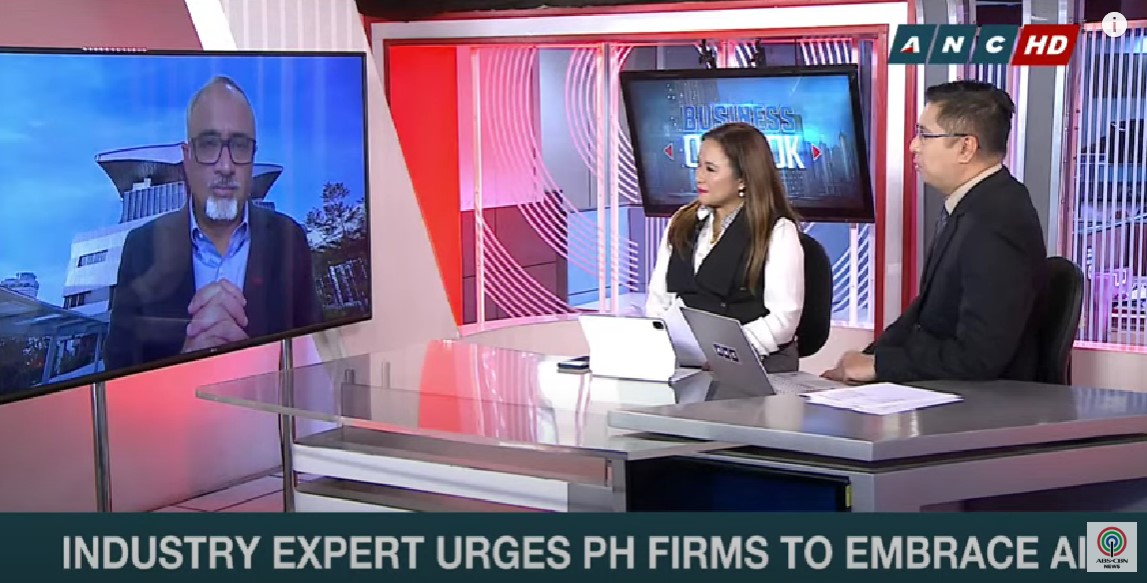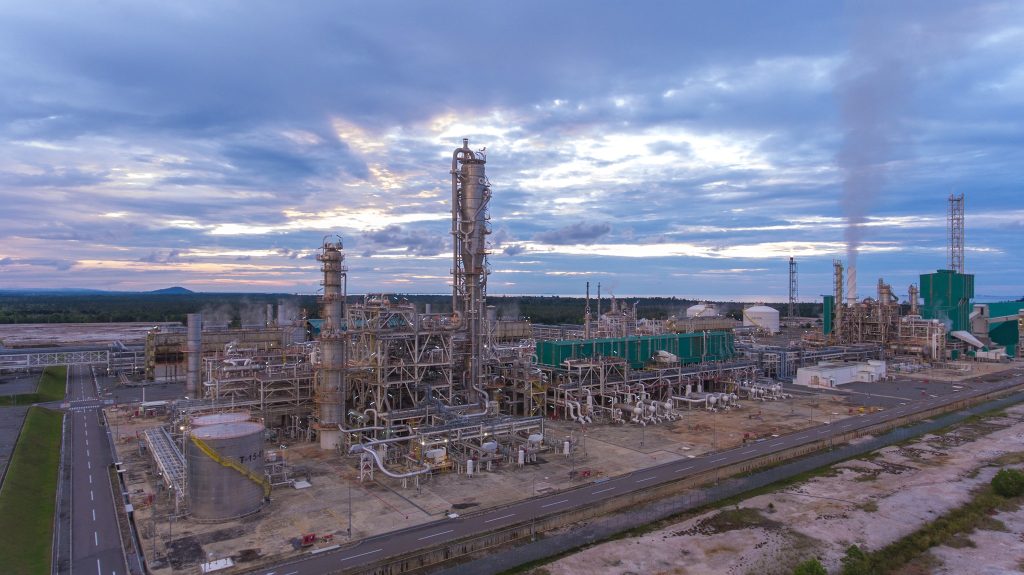Some people tend to romanticize how the likes of Bill Gates, Mark Zuckerberg or Steve Jobs became billionaires even if they had dropped out of college. But these are unique cases that won’t magically come true for just anyone who dreams to be a business tycoon, says Massachusetts Institute of Technology (MIT) professor and technopreneur Sanjay Sarma.
“We [instead] have to romanticize the hard work that goes into more measurable, more consistent more predictable success,” Sarma, president and dean of the Asia School of Business (ASB) and professor of mechanical engineering at MIT Sloan School of Management, says in an interview with Inquirer. “Bill Gates didn’t drop out of [just any] college—he dropped out of Harvard. He got into Harvard to begin with,” Sarma stresses. “Mark Zuckerberg created Facebook and it took off.
That’s a matter of his talent, but also luck.” “But most success is neither unicorn nor genius. It is based on hard work and knowledge.” Most of the success stories in Silicon Valley aren’t about college dropouts who had brilliant ideas that turned them into billionaires, he says. Mostly they are people with engineering or business degrees who worked hard, went into a series of trials and errors, learned from them and developed new skills and ideas along the way.
“That’s how it works: it’s 99 percent perspiration, one percent inspiration,” he points out. Creating an environment of knowledge is the key, he says. The reason why all the startups in the United States come from Silicon Valley, Boston and Austin is because these are the areas with great universities.
Having said that, the professor believes that a crisis in education stares humanity in the face. He reckons that the existing system hasn’t kept up with the complex challenges that individuals, companies and countries need to overcome, whether it’s geopolitics, artificial intelligence (AI), cybersecurity or business sustainability.
Generational challenges
“I really believe that we are facing generational challenges, and we need to create generational talent. And the education system has not kept up,” Sarma explains. If there’s something that could keep him wide awake all night—but he says he’s able to sleep soundly—it’s the existential threat from such a “crisis in education.” Existing educational systems are “old-fashioned” and not necessarily connected to what people need to learn, like AI, he says.
“I don’t think they have evolved. So that’s a big problem, not just universities but primary, secondary, tertiary education. Also, if you’re working in a company, and you’re 35 years old and you have two kids, you can’t just go to university and get a degree. It’s impossible. So we need a quaternary system,” he says, referring to the fourth stage of educational level that follows an undergraduate degree.
Sarma isn’t just taking words out of the textbook. He is an educator and also an entrepreneur. He was one of the founders of the Auto-ID Center at MIT, which, along with partners and its spinoff EPCglobal, developed the technical concepts and standards of the modern RFID.
Between 2004 and 2006, he took a leave of absence from MIT to establish software company OATSystems, which was acquired by Checkpoint Systems in 2008. He has served on the boards of various companies. Before leading ASB, he had also helped establish the Singapore University of Technology and Design.
Where to start?
The COVID-19 lockdowns would have been a great opportunity to make systemic changes to education. But since then, the world has gone back to memorization, to teachers giving lectures in classrooms and back to an “ex Where to start? am culture,” he laments. “What does passing an exam have to do with being able to be a good negotiator, being able to be a good business person?
The exam is a proxy of something. It’s not just necessarily a measure of the actual skill,” he says. Education must be based on a skills development approach, he adds. For him, the best way would be to usher in reforms is at the working world, where there’s no fixed system. He suggests developing a quaternary education system and working it backwards.
“Once [there is the quaternary] education system, you infuse tertiary education with some of those principles and then over time, it will bleed into secondary,” he says. “Meanwhile, we need to start with the other end, which is elementary or primary education. And there we need to bring in more like Montessori principles, which are less about exams and more about critical thinking, being creative and things like that.”
“So we have to start at both ends but you can’t start in the middle because the systems are too set. I’m not going to tell a 16-year-old who’s coming up with an important exam that the exam is useless, because they have to deal with it. The parents have to deal with it,” he says. At the other extreme end is the quaternary education via hybrid education. “That is more sort of like going to the gym to stay fit, except you’re staying fit for your job.” “Transformative” ASB is one of the institutions pitching to fill in the gap.
Based in Kuala Lumpur, ASB was established in 2015 by Bank Negara Malaysia in collaboration with MIT. It thus carries an element of MIT thinking and curriculum behind it, he says. ASB aspires to be a “premier business school that develops transformative and principled leaders who will contribute to the advancement of the emerging world, particularly in Asia.”
Sarma proudly cites ASB’s “great set of faculty”, including MIT professors and alumni. Former professors included no less than the Bangko Sentral ng Pilipinas Governor Eli Remolona Jr. ASB, he says, is very research-focused, with its researchers interested in both theoretical and applied learning. “We believe very much in the MIT principle of action learning — students do action while they’re doing their degrees and they go to companies and so on,”
Sarma says. Thinking about the future of work and learning is also something central to ASB’s strategy and philosophy, he says.“I don’t particularly believe in purely online education, although I know that space very well,” he says, adding that the strategy is to offer hybrid classes. Teaching can be scaled up through a combination of videos, automatic and AI-based assessment as well as in-person coaching, he says.
AI and the workplace
AI is going to change the way business is run, benefiting both consumers and businesses, Sarma says. “But AI is also risky because AI can make mistakes. This AI has liability issues. If you use AI and you make a mistake, there could be a lawsuit,” he says, citing the lawsuit slapped against Tesla in relation to self-driving cars. “It’s a complex field and you have to thread the needle.
All this takes critical thinking, analysis,” he says. “That’s why learning education becomes very important. It’s often said that education is the oxygen of the new economy. Meanwhile, the professor says innovation is not just technology. It could be in marketing, business process or financial management. First, companies must come to the realization that they should innovate.
Furthermore, he says companies need to have the people and the ecosystem of talent to implement these, as what can be seen in innovation hubs from Silicon Valley to Boston to Bangalore. Finally, he says companies must be able to attract talent and empower them. Many companies fail in these metrics, he says.
“They don’t look forward. They assume, because they’re doing well, the future is not a threat. They don’t have the talent ecosystems, and even if they have a talent ecosystem, they can’t attract and retain talent. They don’t grow talent necessarily. You need the cutting-edge, creative people who think outside the box, and they don’t have that. So the companies that fail on all three are in trouble.”
Originally published by Business Enquirer.





